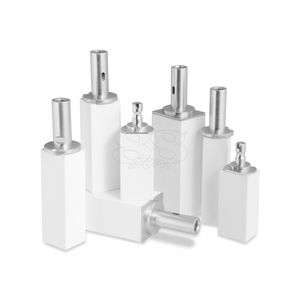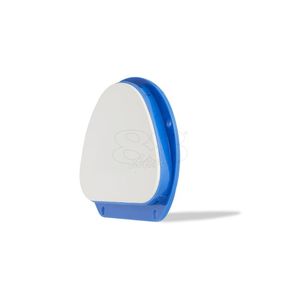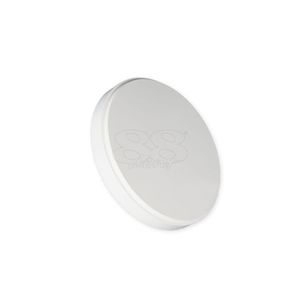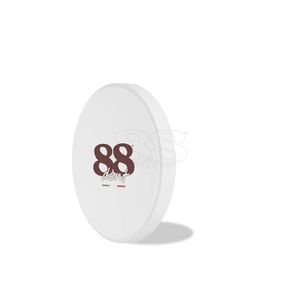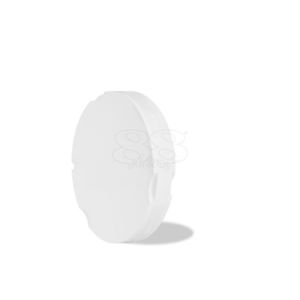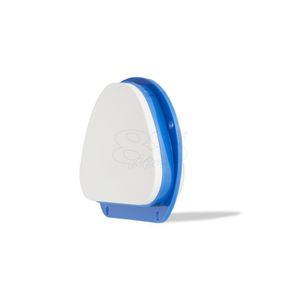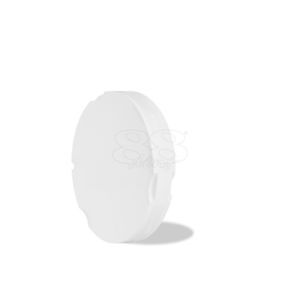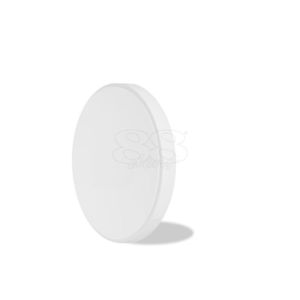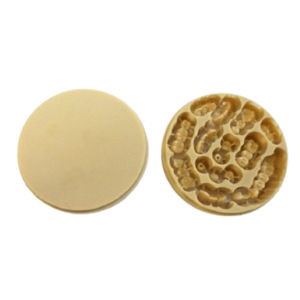
Ceramic dental material Vera zirconiacompositeCAD/CAM
Add to favorites
Compare this product
Characteristics
- Type
- ceramic, zirconia, composite
- Applications
- CAD/CAM, milling
- Other characteristics
- biocompatible
Description
Zirconia is a non-metallic biocompatible material that has been used in medicine for almost forty years. Its wide use in dentistry is relatively recent and is due to its biological and mechanical properties, making it a valid alternative on a clinical and cost competitive level.This ceramic has a high straight flexural tensile strength (900-1200 MPa), a lower degree of hardness than alumina (1200 Vickers versus almost 1600) but still sufficiently good, and a Weibull modulus of 10-12. Thanks to its marked osteoconductivity, it produces a tissue phlogistic reaction inferior to that of titanium. This means that in the healing site of a titanium implant the inflammatory factors and the phlogistic infiltrate are more represented than in that of a zirconia implant, without affecting the correct osseointegration.
Catalogs
Aesthetic Finalization Catalogue
13 Pages
Milling Materials Catalogue
10 Pages
Exhibitions
Meet this supplier at the following exhibition(s):


Related Searches
- Dental material
- Restoration dental material
- Analysis software
- PMMA dental material
- Radiology software
- Dental prosthesis dental material
- Viewer software
- Tablet PC software
- Laboratory vacuum pump
- Modeling dental material
- Laboratory software
- Ceramic dental material
- Windows software
- Dry vacuum pump
- Biocompatible dental material
- Laboratory furnace
- Positive-displacement vacuum pump
- Wax dental material
- Scheduling software
- Dental CAD/CAM material
*Prices are pre-tax. They exclude delivery charges and customs duties and do not include additional charges for installation or activation options. Prices are indicative only and may vary by country, with changes to the cost of raw materials and exchange rates.




